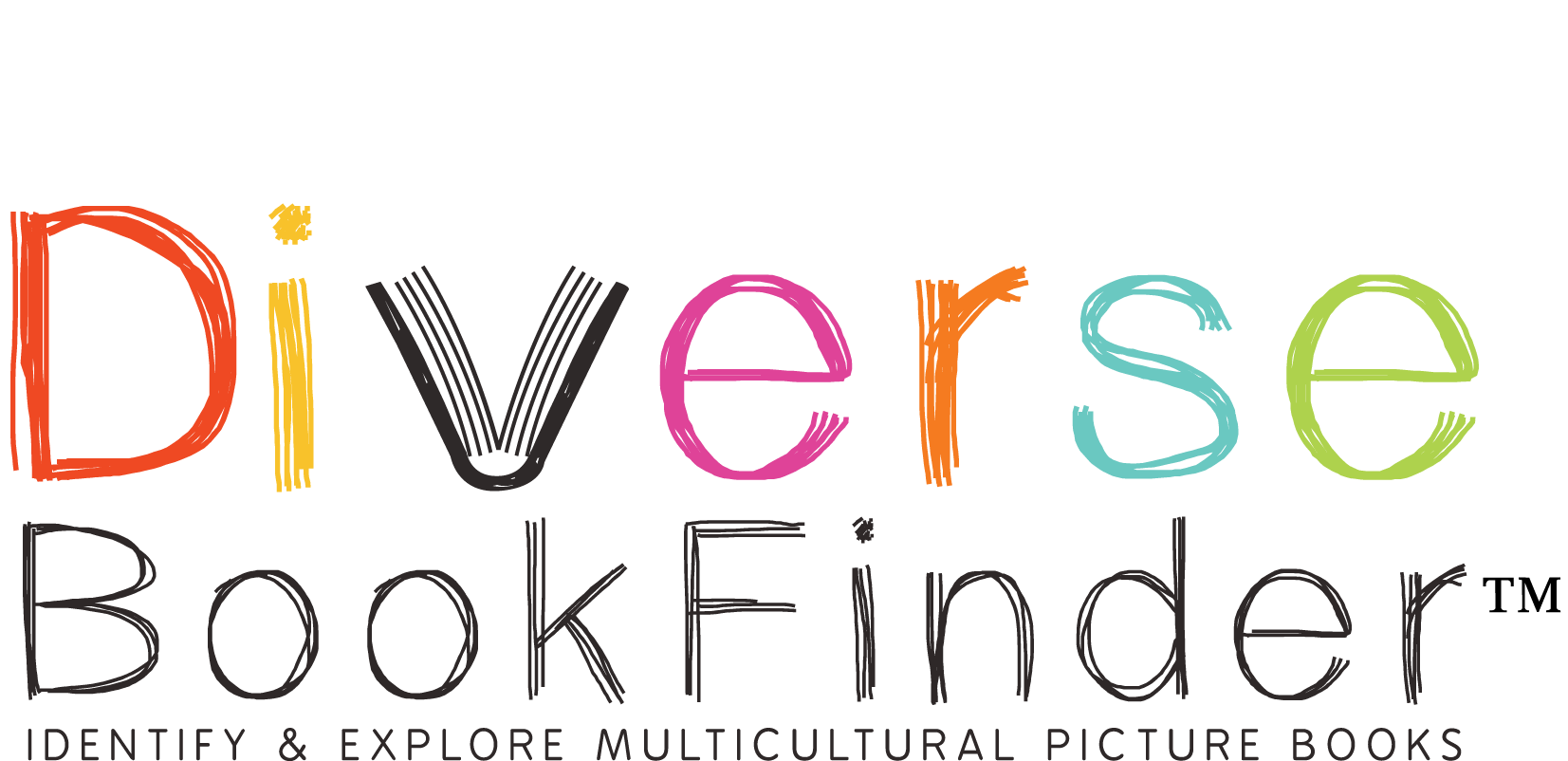
Our collection of picture books featuring Black and Indigenous people and People of Color (BIPOC) is available to the public. *Inclusion of a title in the collection DOES NOT EQUAL a recommendation.* Click here for more on book evaluation.
Find titles using a keyword search below (e.g. adoption, birthday, holidays, etc.), or by selecting one or a combination of filters on the lefthand sidebar below.
First time here? Start here!
10 matching books
Show Filters
The Secret of Your Name
"Bestselling and award winning Métis poet David Bouchard's heartfelt story is illustrated by Canada's most prominent Métis artist Dennis Weber." -- publisher Canada's Métis are the only mixed blood people in the world recognized by every level of government as being a Nation. The Métis have their own language, flag, songs and stories. They have exciting traditions and a proud history. Sadly, their journey was one of hardships, denial and often lies. In The Secret of Your Name, these men open their hearts to all those who care to know what it means when it is said that we are Proud to be Métis! This spectacular book will appeal to any and all who have an interest in aboriginal people. It will call out to art collectors, musicians and all who have ever pondered their own past." -- publisher

I’m Finding My Talk
"A response to Rita Joe's iconic poem "I Lost My Talk," and published simultaneously with the new children's book edition illustrated by Pauline Young, comes a companion picture book by award-winning spoken-word artist and Mi'kmaw activist Rebecca Thomas. A second-generation residential school survivor, Thomas writes this response poem openly and honestly, reflecting on the process of working through the destructive effects of colonialism. From sewing regalia to dancing at powow to learning traditional language, I'm Finding My Talk is about rediscovering her community, and finding culture. Features stunning, vibrant illustrations by Mi'kmaw artist Pauline Young." -- publisher

The Train
"Ashley meets her great-uncle by the old train tracks near their community in Nova Scotia. When she sees his sadness, he tells her of the day when he and the other children were taken to residential school, their lives changed forever. Uncle also explains how Ashley gives him hope. She promises to wait with him in remembrance of what was lost. Ashley meets her great-uncle by the old train tracks near their community in Nova Scotia. Ashley sees his sadness, and Uncle tells her of the day years ago when he and the other children from their community were told to board the train before being taken to residential school where their lives were changed forever. They weren't allowed to speak Mi'gmaq and were punished if they did. There was no one to give them love and hugs and comfort. Uncle also tells Ashley how happy she and her sister make him. They are what give him hope. Ashley promises to wait with her uncle by the train tracks, in remembrance of what was lost." -- publisher

When we were alone
When a young girl helps tend to her grandmother's garden, she begins to notice things that make her curious. Why does her grandmother have long, braided hair and beautifully colored clothing? Why does she speak another language and spend so much time with her family? As she asks her grandmother about these things, she is told about life in a residential school a long time ago, where all of these things were taken away. When We Were Alone is a story about a difficult time in history, and, ultimately, one of empowerment and strength. |cProvided by publisher

Jackson Sundown
"Jackson Sundown, born in Montana in 1863 in the Nez Perce tribe, had a special talent: understanding horses. One day he would grow up to win the Pendleton Round-Up World Championship for bronc riding, in Oregon. He is now in the National Cowboy Hall of Fame, and this book introduces young readers to his fascinating story"--Provided by publisher

Stolen words
"This picture book explores the intergenerational impact of Canada's residential school system that separated Indigenous children from their families. The story recognizes the pain of those whose culture and language were taken from them, how that pain is passed down and shared through generations, and how healing can also be shared. Stolen Words captures the beautiful, healing relationship between a little girl and her grandfather. When she asks him how to say something in his language-- Cree--her grandpa admits that his words were stolen from him when he was a boy. The little girl then sets out to help her grandfather regain his language"--Publisher's description

When I was eight
Based on the true story of Margaret Pokiak-Fenton, this book chronicles the unbreakable spirit of an Inuit girl while attending an Arctic residential school. Olemaun is eight and knows a lot of things. But she does not know how to read. Ignoring her father’s warnings, she travels far from her Arctic home to the outsiders’ school to learn. The nuns at the school call her Margaret. They cut off her long hair and force her to do menial chores, but she remains undaunted. Her tenacity draws the attention of a black-cloaked nun who tries to break her spirit at every turn. But the young girl is more determined than ever to learn how to read.

I am not a number
"A picture book based on a true story about a young First Nations girl who was sent to a residential school. When eight-year-old Irene is removed from her First Nations family to live in a residential school she is confused, frightened, and terribly homesick. She tries to remember who she is and where she came from despite the efforts of the nuns to force her to do otherwise. Based on the life of Jenny Kay Dupuis' own grandmother, I Am Not a Number brings a terrible part of Canada's history to light in a way that children can learn from and relate to"--|cProvide by publisher

Shi-shi-etko
Shi-shi-etko, a Native American girl, spends the last four days before she goes to residential school learning valuable lessons from her mother, father, and grandmother, and creating precious memories of home.

Louis Riel Day
"When a young boy is assigned a project about the fur trade by his teacher, he doesn’t know who to turn to because his mom works all day. With help from his grandfather and the internet, they travel back in time and discover how the fur trade began, a new people emerged, the Métis’ role in the fur trade, Louis Riel and the Red River Resistance, and the reason behind a holiday named Louis Riel Day. " -- publisher
